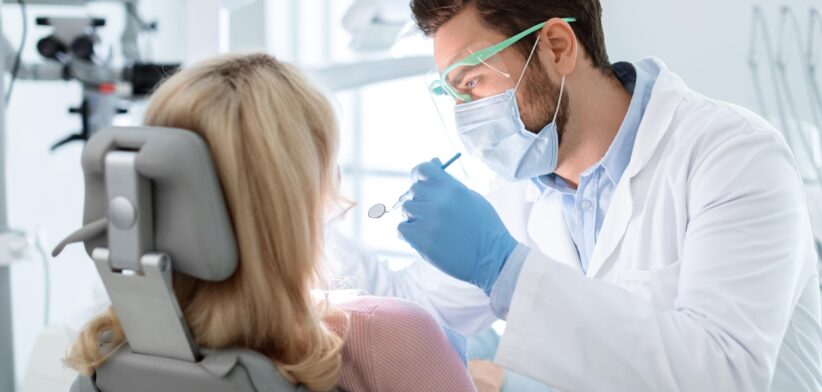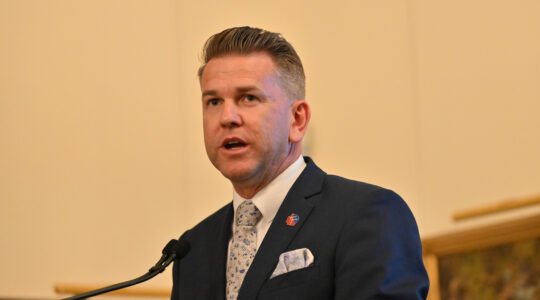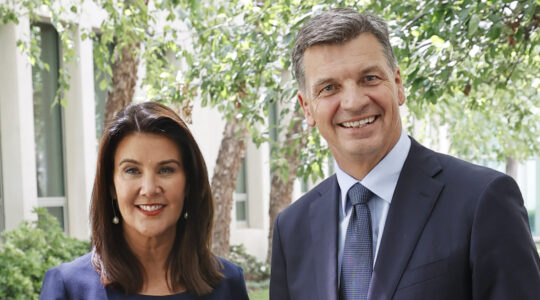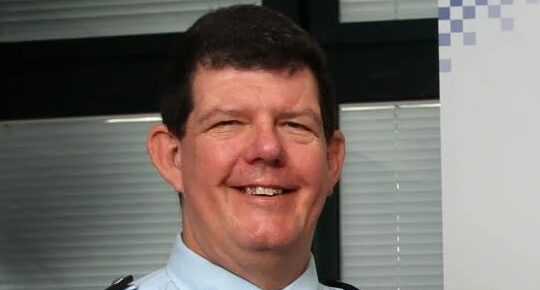A more than 50 percent jump in the amount of superannuation accessed for dental work has sparked the release of new guidelines from the dental profession’s peak body.
Australian Dental Association (ADA) President Dr Chris Sanzaro said the guidelines reiterated that Compassionate Release of Super (CRS) could only occur when there was a life-threatening injury or illness, acute or chronic pain, or where dental treatment would help with a mental illness and there was no other way to afford it.
Dr Sanzaro said the CRS guidelines for dentists were developed out of a need to provide clarity around the system which had seen some cases of system abuse.
He said an Australian Tax Office (ATO) review on the early release of superannuation found dental care was the highest category for CRS, with $817.6 million released last year, up from $526.4 million the previous year.
“The ability to access superannuation early to pay for critical dental treatment is an important part of our health safety net.”
Dr Sanzaro said the guidelines aimed to clear up some of the misinformation surrounding the scheme.
He said this included:
- Dentists can’t provide financial guidance to patients on the implications of withdrawing super to fund treatment – this can only be provided by a holder of an Australian Financial Services License.
- The clinician who wrote the patient’s report for the ATO doesn’t have to be the one doing the treatment.
- A dentist’s report must only recommend treatment for the life-threatening illness or injury, acute or chronic pain. No other work can be funded this way.
- Dentists may ask for a deposit to cover clinic time, lab fees and associated expenses, but it’s not usual that all treatment is paid for upfront.
- It’s recommended that dentists don’t advertise the CRS on their practice website, though its existence as a payment form can be mentioned to the patient.
Dr Sanzaro said the fulfil the requirement of “life-threatening injury or illness, acute or chronic pain” there must be two reports from medical practitioners, one who must be a specialist or dentist.
He said for an application to treat mental illness, a report from a specialist psychiatrist was required.
“We’re also stressing that as well as reports, patients need a quote from the practitioner about the cost of treatment necessary to treat the acute condition, as well as an indication of future treatment and maintenance costs. That way there’s complete transparency for both sides.”
Access the full guidelines: Compassionate Release of Super for Dental Treatment.








